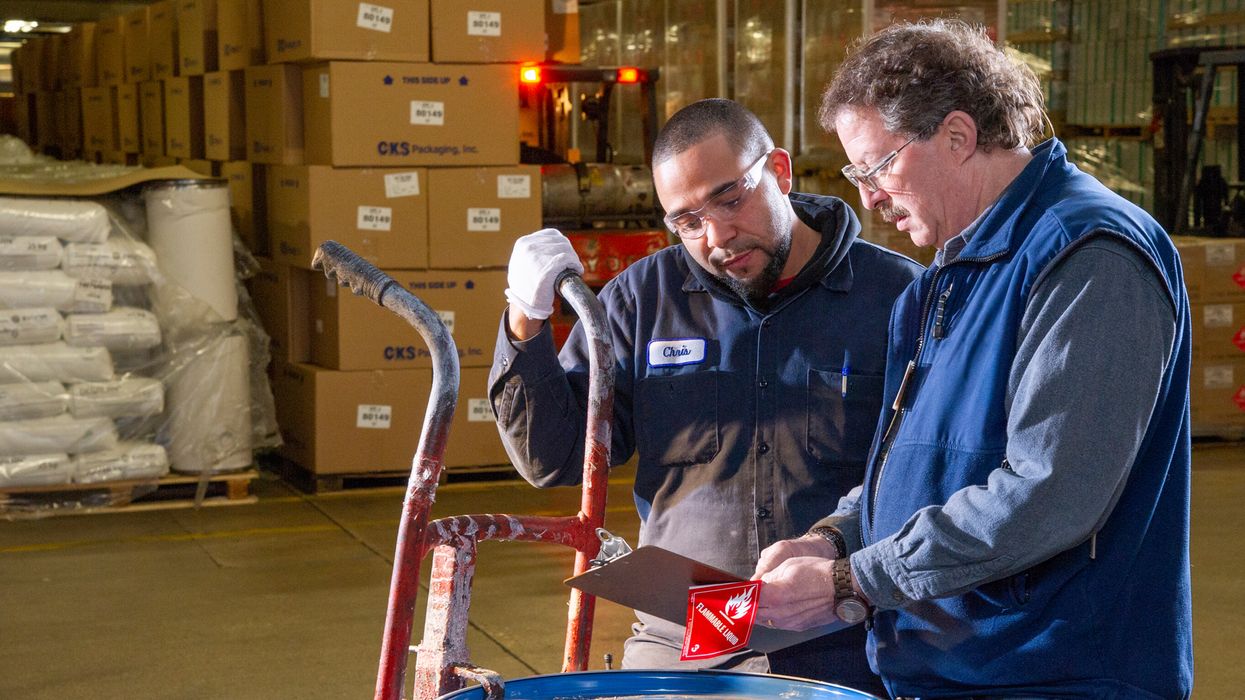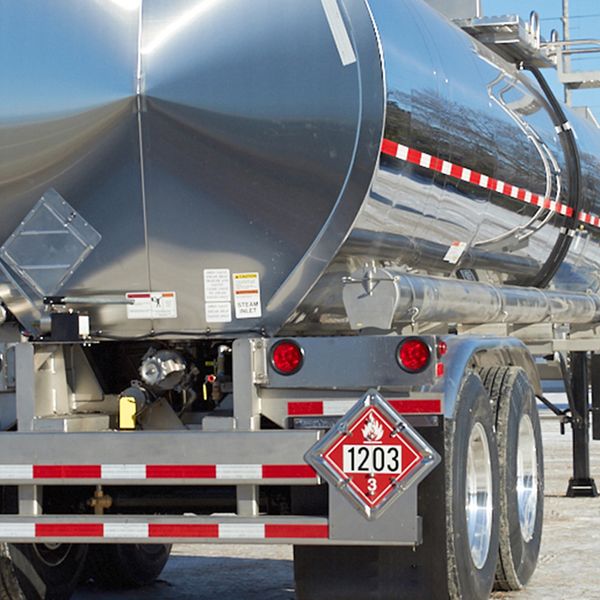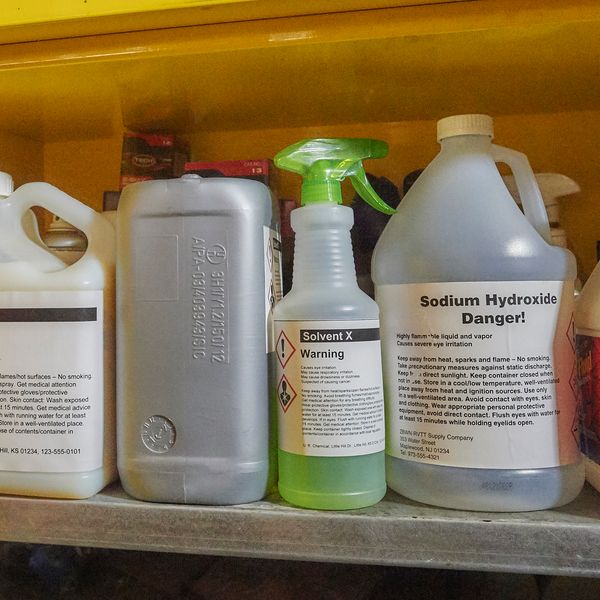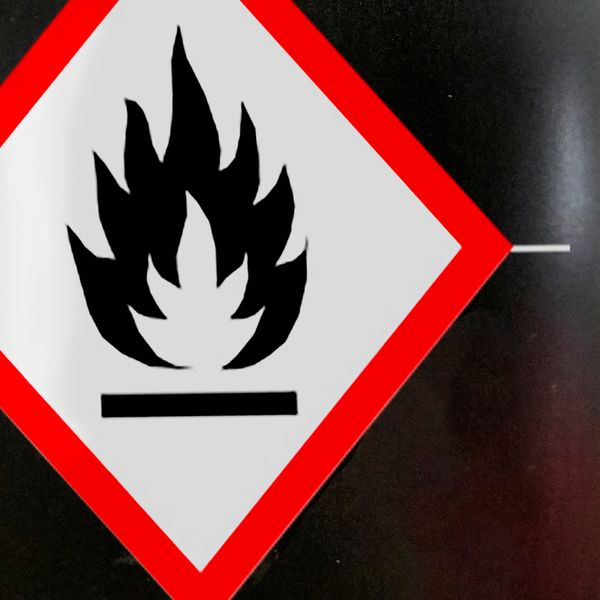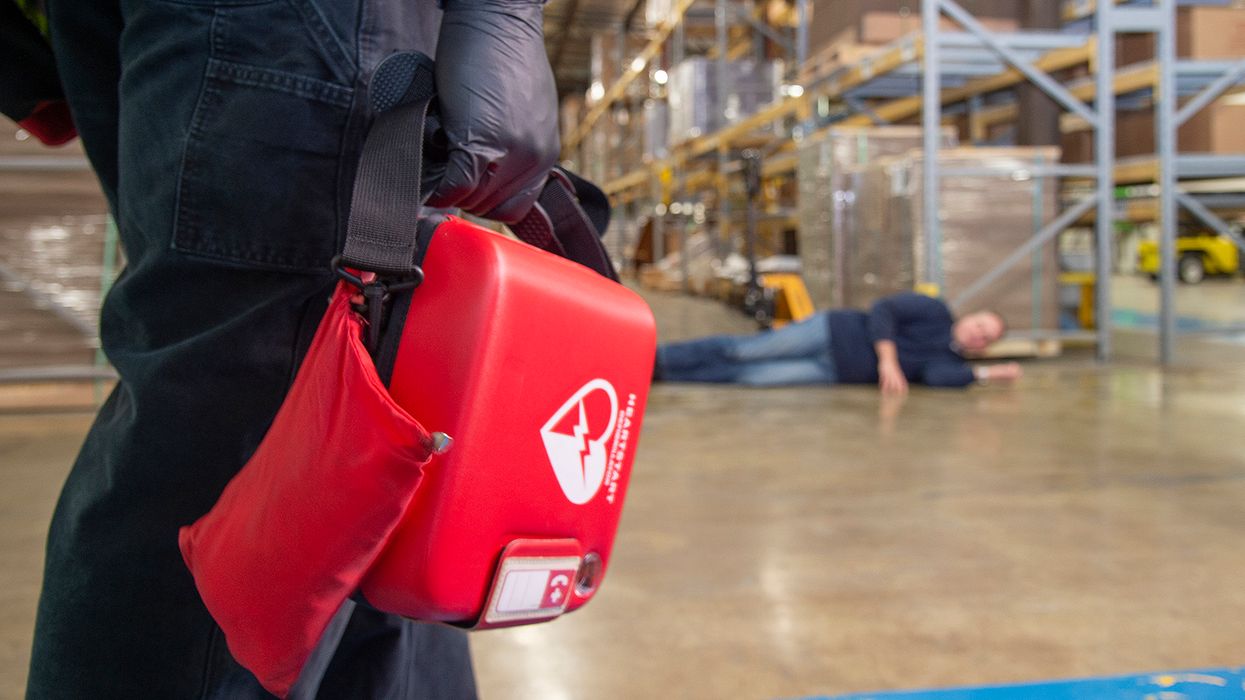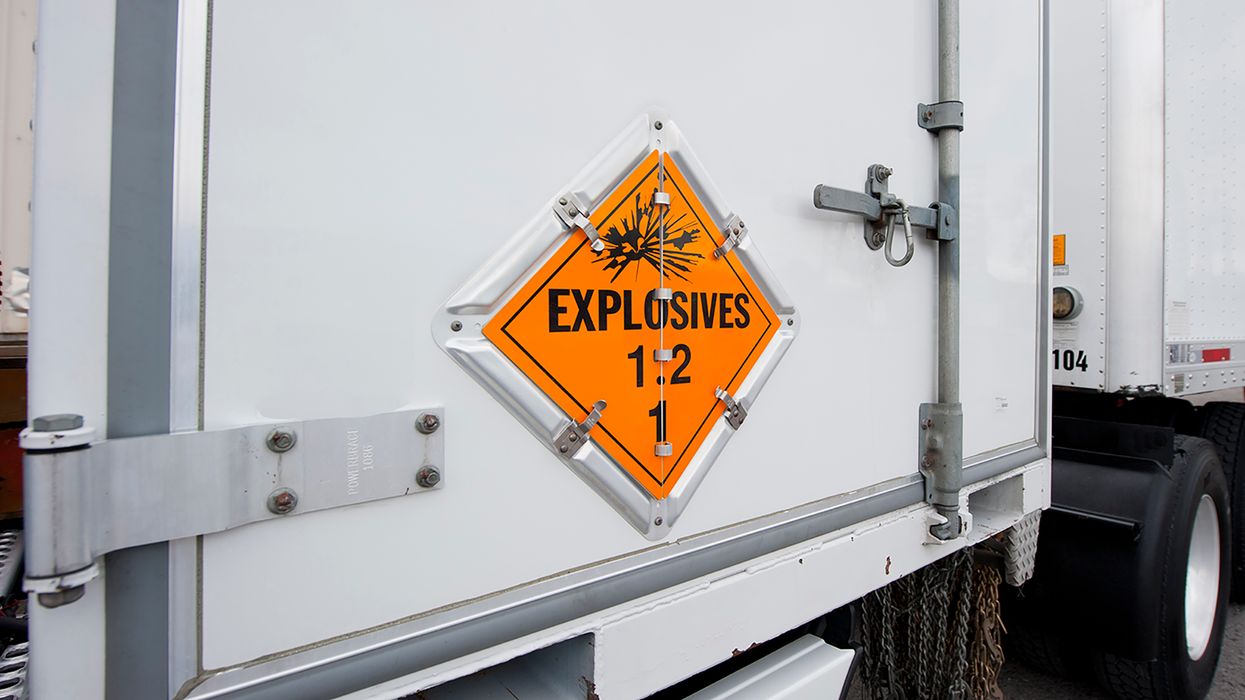Hazmat knowledge can be beneficial for both employers and employees
One of the most important things you can do as an employer is ensure your employees have the knowledge they need to safely do their job. For hazmat employees, the knowledge gained from a fully compliant hazmat training program can be lifesaving. For employers, research has shown that employees who receive comprehensive training are more likely to be productive, have higher job satisfaction, and stay with their company longer than those who do not.
But the benefits don’t end there. Employers should look at hazmat training as a financial investment, which is an essential part of running a successful business. Not only will it help improve productivity and job satisfaction, but it can also help reduce accidents and mistakes.
Incomplete or non-compliant hazmat training doesn’t provide the employee with a clear understanding of what they need to do and can lead employees to struggle to properly perform their job. Additionally, without proper training, employees are more likely to make mistakes that put themselves or others at risk. Mistakes the employee makes from inadequate training often lead to costly penalties and fines.
PHMSA hazmat training requirements
The hazmat regulations require each hazmat employer to train its hazmat employees to safely prepare, offer, handle, and transport hazardous materials. The hazmat employer must train, test, and certify every hazmat employee who, during employment, performs any function that directly affects hazardous materials transportation safety.
Section 172.704 lists the requirements for hazmat training and unless excepted by the regulations, must include:
- General awareness/familiarization training
- Function-specific training
- Safety training
- Security awareness training
- In-depth security training
In addition to the above training, section 172.700 requires modal specific training, such as driver training.
The training required for each employee will vary depending on the hazmat functions each employee will be performing. The training for a shipping clerk will be quite different from the training for a driver of a cargo tank motor vehicle, for example.
Need additional information on hazmat training? Check out this ezExplanation.
How often is training required?
Training for an employee must be completed before they perform any function subject to the hazmat regulations. However, an employee may perform hazmat job functions before completing training, if:
- The employee does so under the direct supervision of a properly trained and knowledgeable hazmat employee; and
- The required hazmat training is completed within 90 days (about 3 months) of employment or change in job function.
Hazmat employers must train, test, and certify each hazmat employee at least once every three years. However, if a new regulation is adopted or an existing regulation is changed that relates to a function performed by an employee, that employee must be instructed on the new or revised regulations. This training must be completed before the employee performs the function and before the employee’s three-year recurrent training. The employee needs to be instructed only on the new or revised requirements. Testing and recordkeeping for the new or revised requirements is not required until the employee’s three-year recurrent training.
For in-depth security training, if the employer’s security plan is revised during an employee’s three-year recurrent training cycle, the employee must be trained within 90 days (about 3 months) of implementation of the revised security plan.
Key to remember: Hazmat training is not only a requirement, but a smart business investment. Properly trained hazmat employees are more productive and make fewer mistakes, which can reduce penalties and fines.

